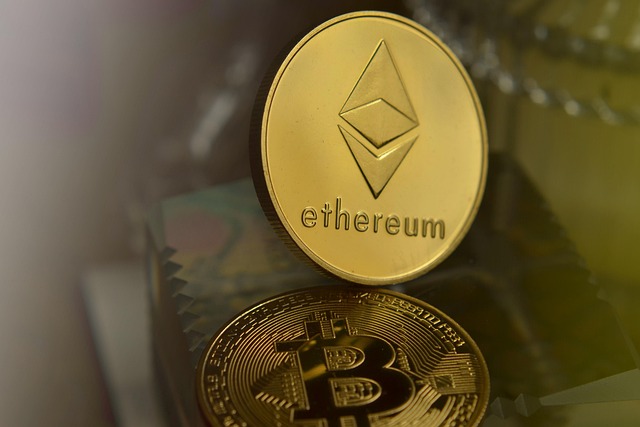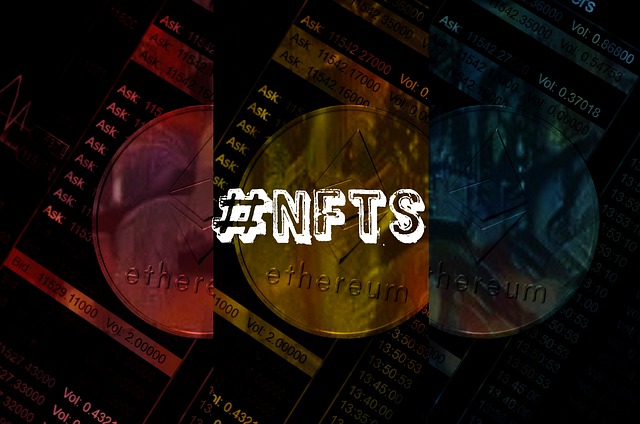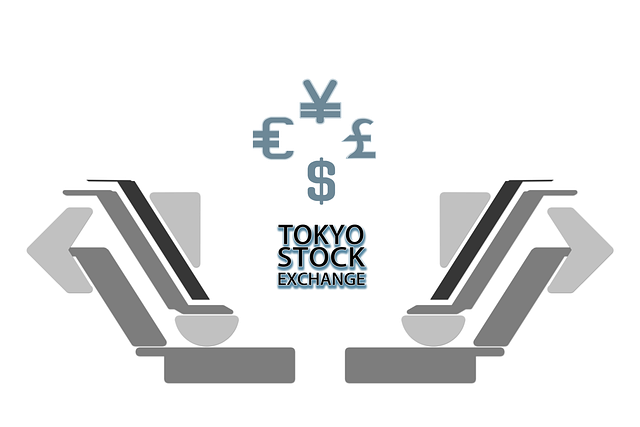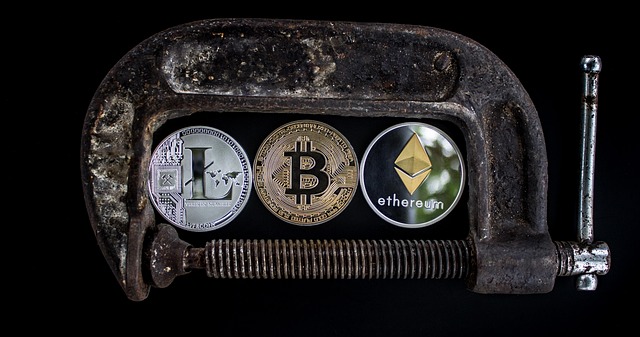
Ethereum, launched in 2015, has become a global leader in decentralized technologies, attracting developers and users worldwide with its blockchain-based smart contracts and dApps. Its aim to disrupt traditional financial systems and empower individuals faces significant challenges from the diverse global regulatory landscape, which lacks uniform definitions and regulations for cryptocurrencies. Ethereum's growth has catalyzed digital transformation across sectors through open-source architecture, rapid application development, and native cryptocurrency Ether (ETH). Global governments are navigating policy implications, with varying approaches reflecting cultural and economic views; some embrace Ethereum as a financial innovation catalyst while others take a cautious stance. The future regulation of Ethereum requires international cooperation to establish consistent standards, balancing innovation and oversight for consumer protection and market integrity.
“Regulating the Future: How Global Policies Are Shaping Ethereum” delves into the intricate dance between decentralized innovation and global regulatory frameworks. Ethereum, a pioneering blockchain, has transformed digital interactions worldwide. However, its growth navigates a complex landscape of international regulations designed to manage cryptocurrency risks. This article explores how global policies impact Ethereum’s evolution, focusing on compliance, innovation, and government approaches. By examining these dynamics, we uncover the future trajectory of Ethereum regulation and its implications for this rapidly expanding technology.”
- The Rise of Ethereum: Decentralization and Global Impact
- Global Regulatory Landscape: A Challenge for Cryptocurrencies
- Ethereum's Unique Position: Compliance and Innovation
- Policy Implications: How Global Governments Approach Ethereum
- The Future of Ethereum Regulation: International Cooperation and Challenges
The Rise of Ethereum: Decentralization and Global Impact

Ethereum, launched in 2015, has emerged as a trailblazing force in the world of decentralized technologies. Its innovative use of blockchain to facilitate smart contracts and decentralized applications (dApps) has captivated developers and users worldwide, fostering a global community dedicated to its growth and adoption. The platform’s emphasis on decentralization promises to disrupt traditional financial systems and empower individuals with greater control over their digital assets and data.
As Ethereum continues to gain traction, global policies are playing a pivotal role in shaping its future. Regulators are grappling with the unique challenges posed by cryptocurrencies and decentralized networks, seeking to balance innovation with consumer protection. The global impact of Ethereum is undeniable, as it paves the way for a more inclusive and transparent digital economy, challenging existing power structures and opening doors to unprecedented financial opportunities.
Global Regulatory Landscape: A Challenge for Cryptocurrencies

The global regulatory landscape presents significant challenges and complexities for cryptocurrencies, including Ethereum. With varying legal frameworks and interpretations across countries, navigating this environment can be intricate for digital asset holders and developers alike. One of the primary hurdles is the lack of uniform definitions and regulations, leading to confusion about the legal status of cryptocurrencies. This uncertainty often discourages institutional adoption and investment, hindering the growth potential of Ethereum and other blockchain projects.
Regulators worldwide are still grappling with how to categorize and oversee cryptocurrencies, especially concerning issues like anti-money laundering (AML), know-your-customer (KYC), and tax implications. As Ethereum, with its smart contracts and decentralized nature, offers unprecedented financial opportunities, it also raises novel regulatory questions. Striking a balance between fostering innovation and ensuring consumer protection remains a delicate task, one that will shape the future of Ethereum’s global adoption and integration into traditional financial systems.
Ethereum's Unique Position: Compliance and Innovation

Ethereum, a decentralized blockchain platform, occupies a unique position at the intersection of compliance and innovation. Its native cryptocurrency, Ether (ETH), and the Ethereum Virtual Machine (EVM) have sparked a global rush towards digital transformation across various sectors, from finance to art and gaming. However, this rapid growth has also placed significant emphasis on regulatory compliance to ensure stability and prevent illicit activities.
The platform’s open-source nature allows for rapid development of new applications and decentralized finance (DeFi) protocols. Yet, it simultaneously demands robust regulatory frameworks to address privacy concerns, money laundering risks, and the protection of users’ rights. Ethereum’s unique position necessitates a delicate balance between fostering innovation and adhering to global policies aimed at maintaining integrity within the digital economy.
Policy Implications: How Global Governments Approach Ethereum

Global governments are increasingly recognizing the implications of decentralized technologies, with Ethereum at the forefront. As a leading smart contract platform, Ethereum’s unique capabilities have sparked both excitement and regulatory scrutiny worldwide. The policy implications are significant, as nations grapple with how to integrate and oversee this innovative technology while ensuring consumer protection and market stability.
Regulatory approaches vary across borders, reflecting diverse cultural and economic perspectives. Some countries embrace Ethereum as a catalyst for financial innovation, drafting guidelines that foster its growth. Conversely, others take a more cautious stance, implementing stringent measures to mitigate potential risks associated with crypto assets and decentralized finance (DeFi). These varying strategies highlight the complex nature of regulating blockchain technologies, especially as Ethereum continues to evolve and shape the future of digital interactions.
The Future of Ethereum Regulation: International Cooperation and Challenges

The future of Ethereum regulation is a complex web where global policies intertwine, aiming to shape the decentralized world. International cooperation has emerged as a critical aspect in this evolving landscape, with nations and regulatory bodies coming together to establish consistent standards. As Ethereum’s popularity grows, so does the need for unified rules to mitigate potential risks and ensure its longevity. This collaboration could set a precedent for other cryptocurrencies, fostering a more stable and secure digital currency market.
However, challenges lie ahead. Different jurisdictions have varying approaches to regulation, creating a fragmented environment. Aligning these diverse perspectives is no easy feat, especially regarding privacy, security, and the unique characteristics of blockchain technology. Balancing innovation and oversight will be crucial in shaping Ethereum’s future, ensuring its potential as a global, decentralized platform while maintaining consumer protection and market integrity.
As global policies continue to evolve, the future of Ethereum and cryptocurrency regulation is shaped by a delicate balance between innovation and compliance. The unique decentralized nature of Ethereum presents both challenges and opportunities for governments worldwide. International cooperation will be pivotal in establishing uniform standards while fostering the continued growth and development of this revolutionary technology. By navigating the intricate landscape of global regulations, Ethereum can realize its potential to transform industries and empower individuals on a global scale.






